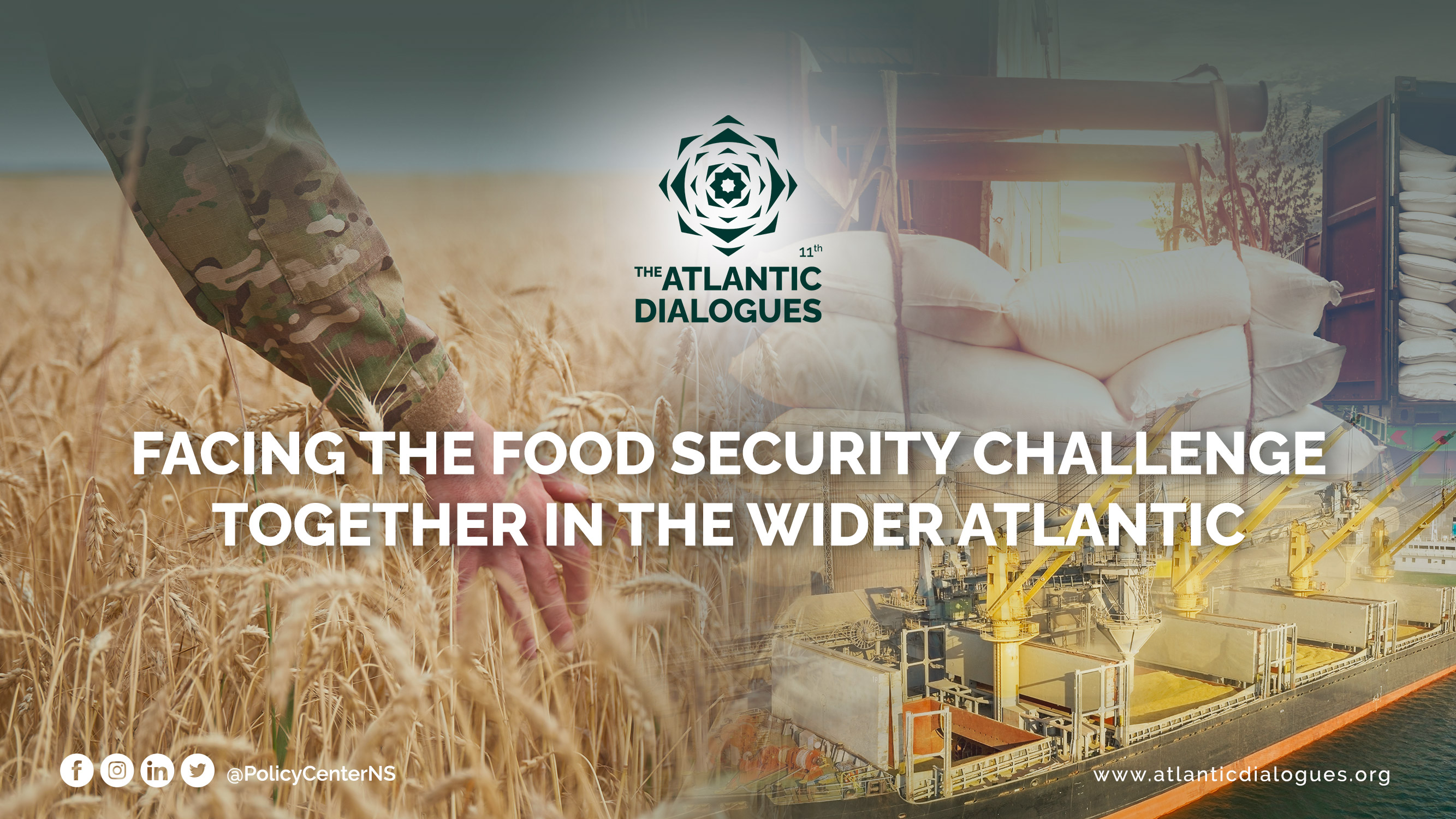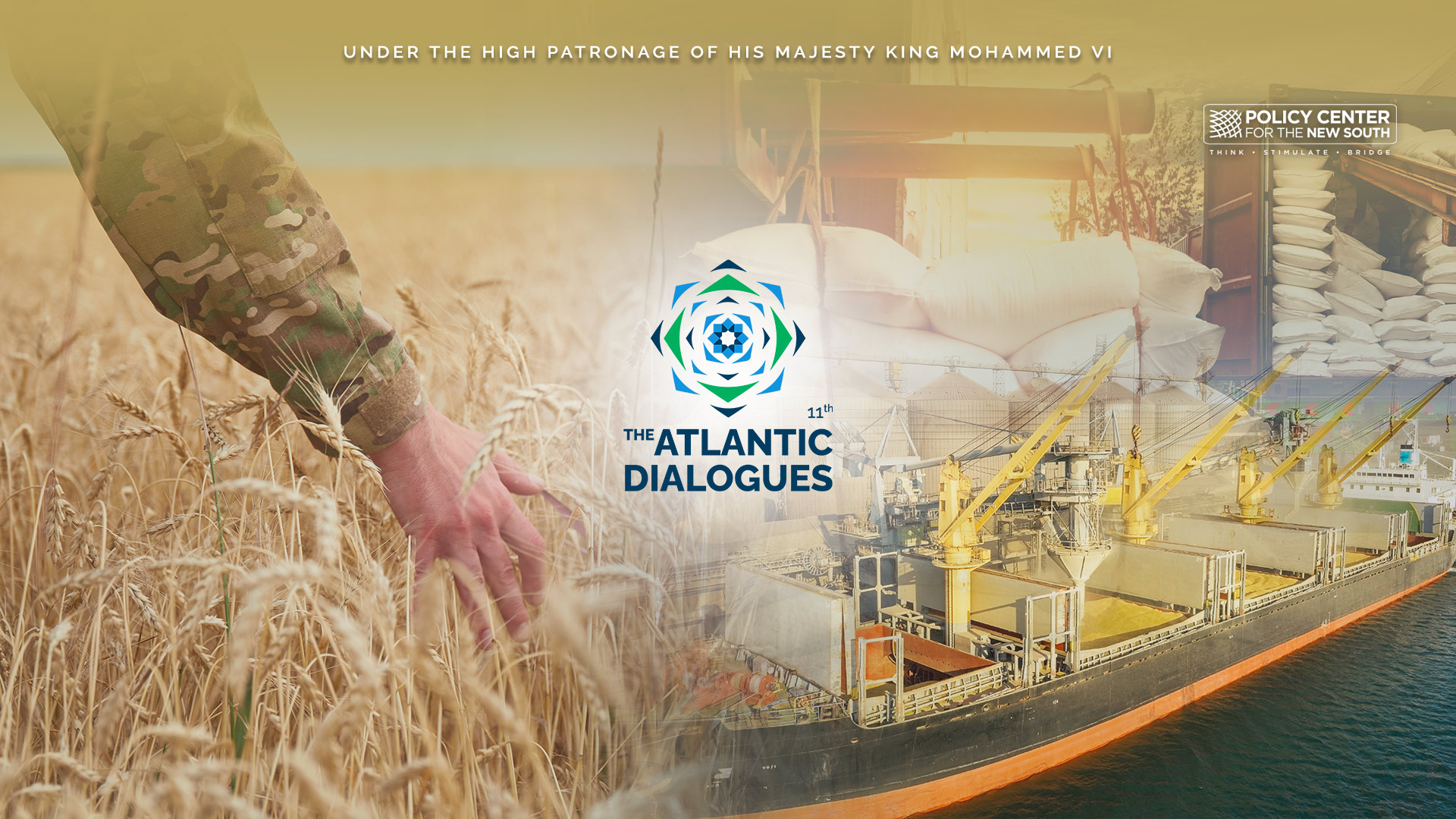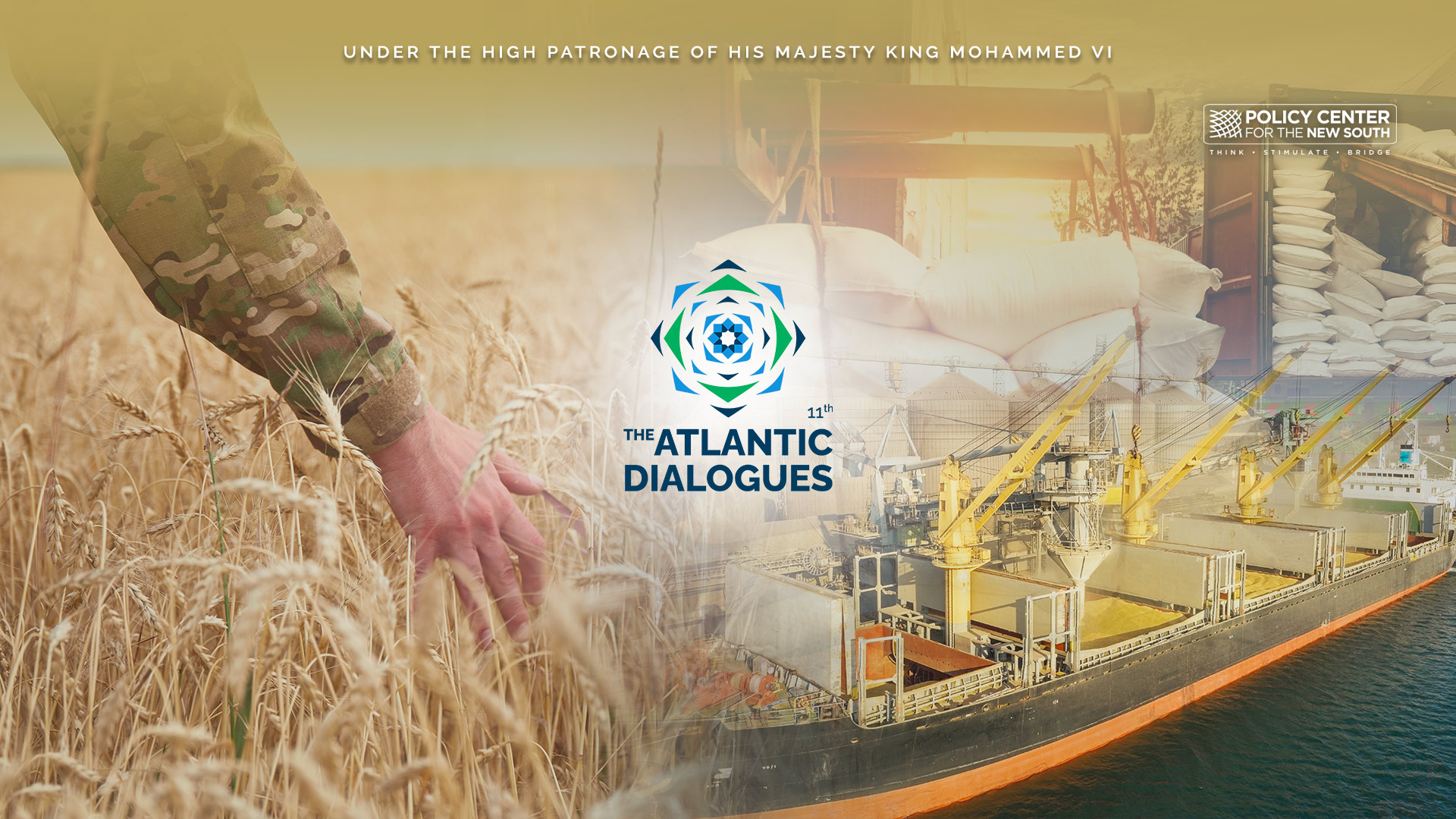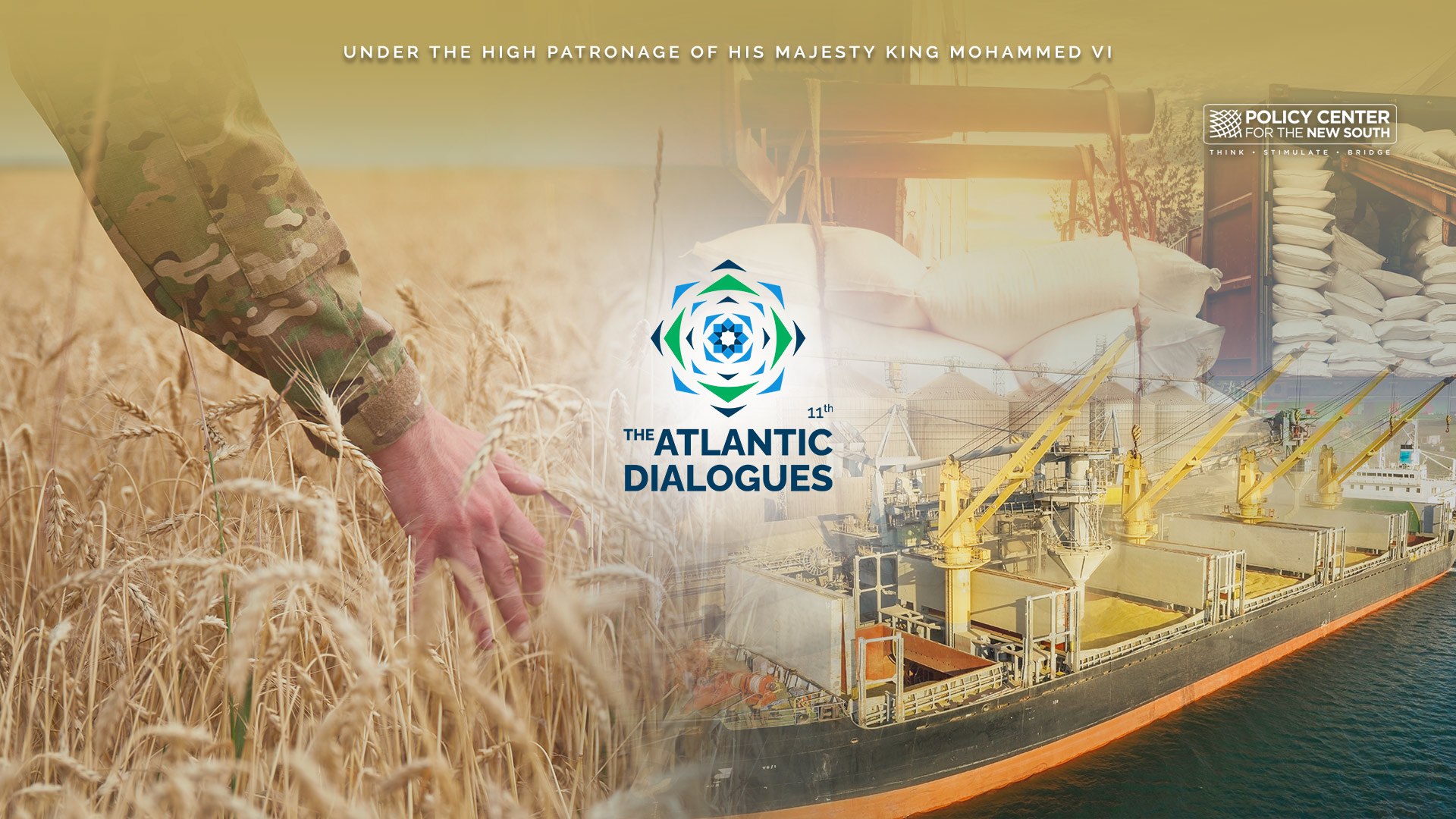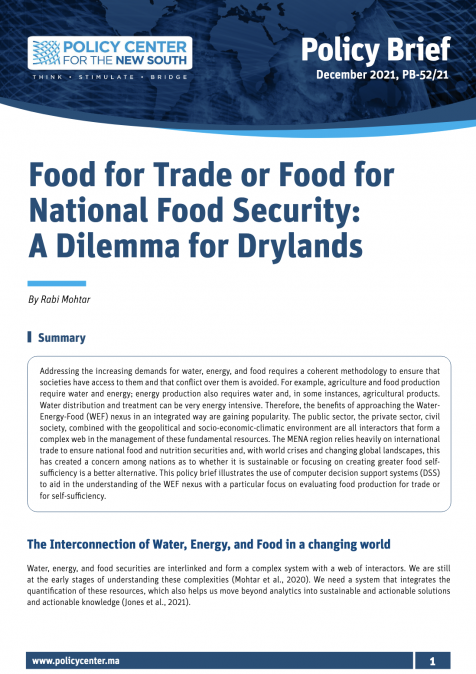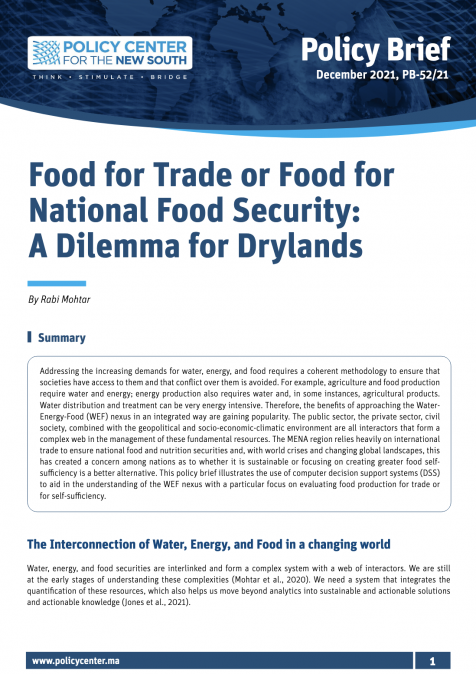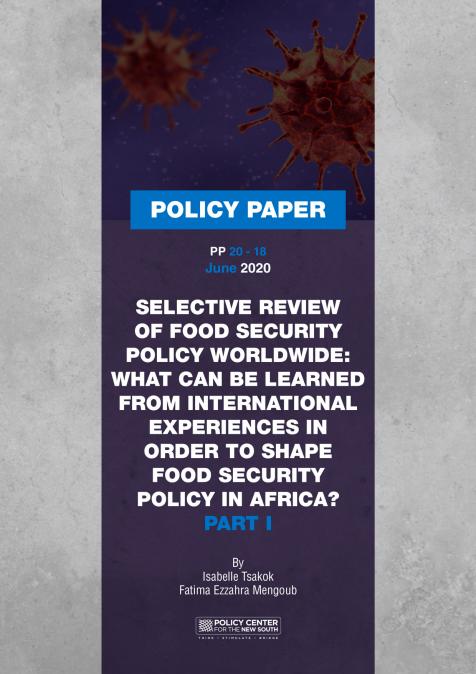The first half of 2022 witnessed one of the biggest shocks in the global food market in decades. As countries recovered from the COVID-19 pandemic, supply chains struggled to keep up with the growing demand for food and put pressure on prices. In addition, the war in Ukraine intensified record-high prices for food, fertilizer, and energy. As a result, the food price index has reached a record high, further threatening the food security of vulnerable countries, some of which are in the Atlantic basin, already fragile. Thus, the latest estimates show that 45 countries worldwide, including 33 in Africa, 2 in Latin America, and 1 in Europe, will need external assistance for food. Other exogenous challenges, notably climate change, increasing resource scarcity, and decreasing productivity, are also significant concerns. In facing these compelling challenges, policymakers must find solutions to create stronger, safer, more resilient communities. Improving the technological content of agricultural inputs and technical practices is essential to building this resilience, particularly in rural areas where the population is predominantly poor and vulnerable. This session explores solutions for building resilience to overlapping crises through a comprehensive and coordinated effort to align incentives, accelerate innovation, and scale up investment.
- In the current context of the price crisis, climate change, and food insecurity, what urgent solutions and actions are needed in the short term to overcome this crisis in the Atlantic?
- How could policy and incentive measures help address the impact of the food crisis in the Atlantic basin?
- What forms of collaboration, such as regional trade, agricultural research, and extension, should governments put in place to transform agriculture and strengthen national/regional food security?



